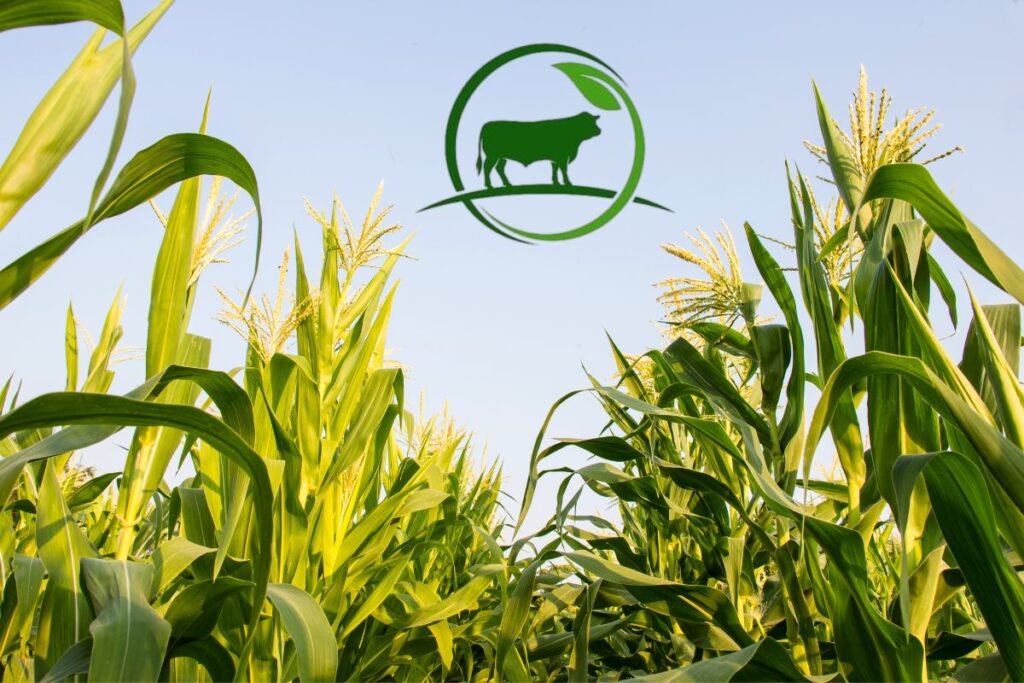
In the rapidly changing landscape of agriculture, sustainable farming practices have become essential for ensuring a resilient and environmentally friendly food production system. One company that is at the forefront of this movement is Dimitra (DMTR). With its innovative approach and commitment to sustainable practices, Dimitra is revolutionizing the way farming is done and shaping the future of agriculture. In this article, we will explore the various sustainable farming practices implemented by Dimitra, such as utilizing advanced irrigation techniques and precision agriculture methods, which are making a significant impact on the industry. Everyone is talking about Bitcoin and here are some effective ways to make some passive income with Bitcoin. Must-read guide!
Contents
The Importance of Sustainable Farming
Before diving into Dimitra’s practices, it is crucial to understand why sustainable farming is so vital in today’s world. Traditional agricultural methods often involve the excessive use of chemical fertilizers, pesticides, and intensive irrigation, leading to soil degradation, water pollution, and biodiversity loss. Sustainable farming, on the other hand, focuses on preserving natural resources, minimizing environmental impact, and ensuring long-term productivity.
Dimitra’s Approach to Sustainable Farming
Regenerative Agriculture
Dimitra employs regenerative agriculture techniques, which go beyond sustainable practices and aim to restore and enhance ecosystems. By implementing regenerative farming methods, Dimitra actively promotes soil health, biodiversity, and carbon sequestration. This approach involves practices such as cover cropping, crop rotation, and reduced tillage, which help improve soil fertility, prevent erosion, and increase water retention capacity.
Precision Farming
Precision farming is another key aspect of Dimitra’s sustainable practices. By utilizing advanced technologies, such as satellite imagery, drones, and sensors, Dimitra can optimize resource management and minimize waste. Precision farming enables accurate monitoring of crops, soil moisture levels, and nutrient requirements, allowing for precise application of water, fertilizers, and pesticides. This not only enhances crop yields but also reduces environmental impact by minimizing inputs.
Integrated Pest Management
Dimitra prioritizes integrated pest management (IPM) as an eco-friendly alternative to traditional pesticide use. IPM combines various pest control methods, including biological control, cultural practices, and targeted pesticide application. By implementing IPM, Dimitra minimizes the reliance on chemical pesticides, reduces the risk of pesticide resistance, and protects beneficial insects and pollinators.
Water Conservation
Water scarcity is a significant concern in many regions worldwide. Dimitra addresses this challenge through efficient water management techniques. The company emphasizes practices such as drip irrigation, rainwater harvesting, and water recycling to minimize water consumption. By adopting these measures, Dimitra ensures that water resources are used judiciously and that irrigation practices are both sustainable and economical.
Agroforestry
To further enhance sustainability, Dimitra integrates agroforestry into its farming systems. Agroforestry involves the deliberate planting of trees and shrubs alongside crops. This practice provides multiple benefits, including soil erosion control, carbon sequestration, improved microclimate, and diversification of income sources. By incorporating trees into their farms, Dimitra contributes to the restoration of ecosystems and promotes a more resilient agricultural landscape.
The Impact of Dimitra’s Sustainable Practices
Dimitra’s commitment to sustainable farming practices has yielded significant positive impacts on both the environment and the agricultural industry as a whole. Some of the notable impacts include:
Enhanced Soil Health
Through regenerative agriculture practices, Dimitra has improved soil health on its farms. The use of cover crops and reduced tillage has led to increased organic matter content, improved soil structure, and enhanced nutrient cycling. Healthy soils not only support higher crop yields but also contribute to long-term sustainability by reducing soil erosion and nutrient runoff.
Biodiversity Conservation
By implementing integrated pest management and promoting agroforestry, Dimitra actively contributes to biodiversity conservation. IPM practices protect beneficial insects, while agroforestry provides a habitat for birds, insects, and other wildlife. These initiatives help preserve and restore ecosystems, creating a balanced and resilient environment for both crops and wildlife.
Climate Change Mitigation
Dimitra’s sustainable practices play a vital role in mitigating climate change. Regenerative agriculture techniques, such as cover cropping and carbon sequestration, help remove carbon dioxide from the atmosphere and store it in the soil. Additionally, the use of precision farming technologies reduces greenhouse gas emissions by optimizing resource use and minimizing inputs.
Economic Benefits
The adoption of sustainable farming practices has also brought economic benefits to Dimitra and the communities it operates. Improved crop yields, reduced input costs, and diversified income sources through agroforestry contribute to increased profitability and resilience in the face of market fluctuations. Moreover, sustainable farming practices often create employment opportunities and foster rural development.
Conclusion
Dimitra’s commitment to sustainable farming practices has positioned the company as a leader in shaping the future of agriculture. Through regenerative agriculture, precision farming, integrated pest management, water conservation, and agroforestry, Dimitra showcases the potential of sustainable agriculture in addressing environmental challenges and ensuring food security. As the demand for sustainable food production continues to grow, Dimitra’s innovative practices serve as a model for other farmers and inspire a more sustainable and resilient agricultural sector.




